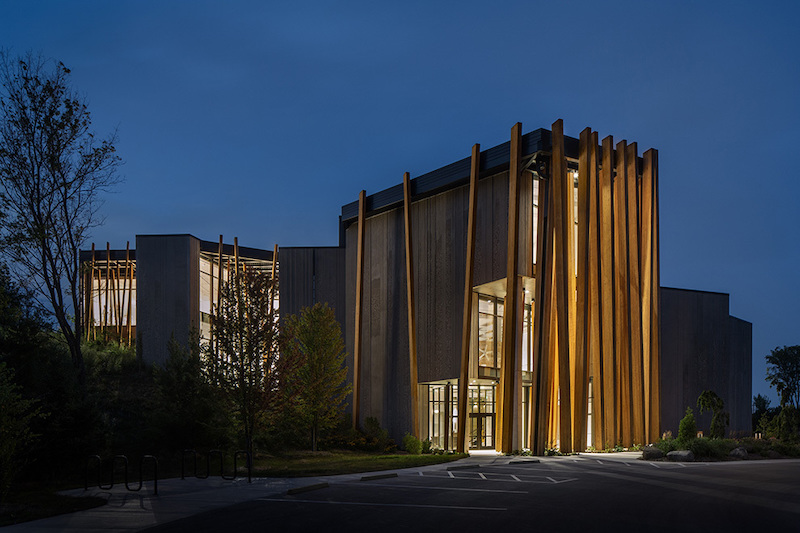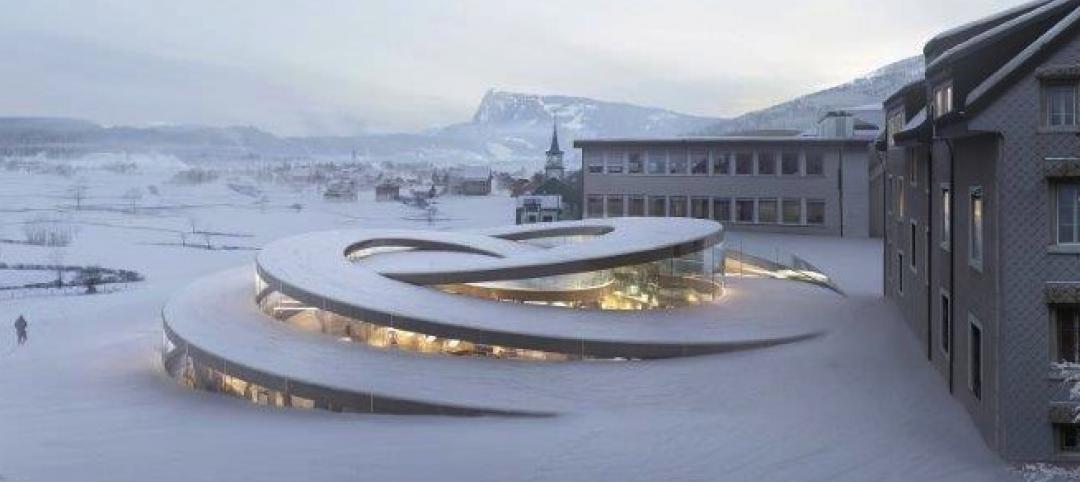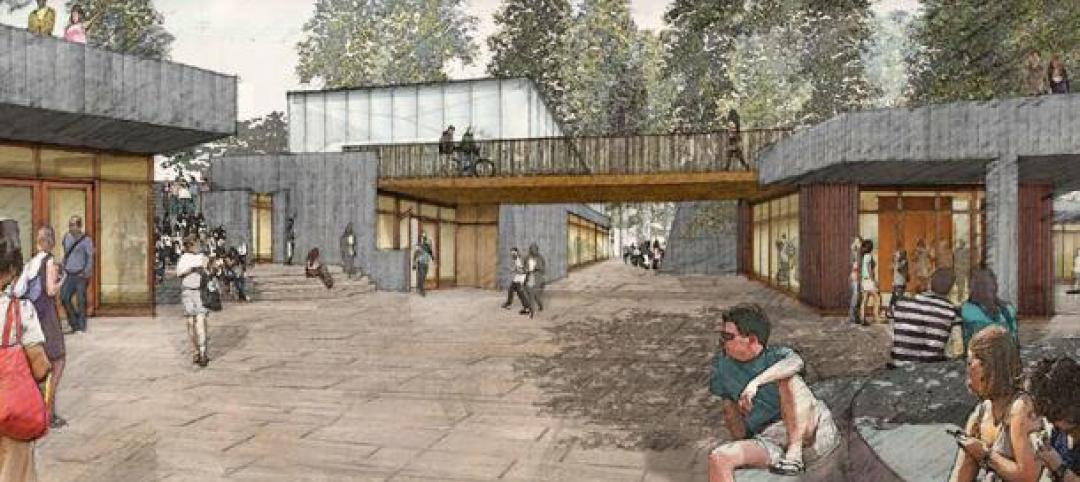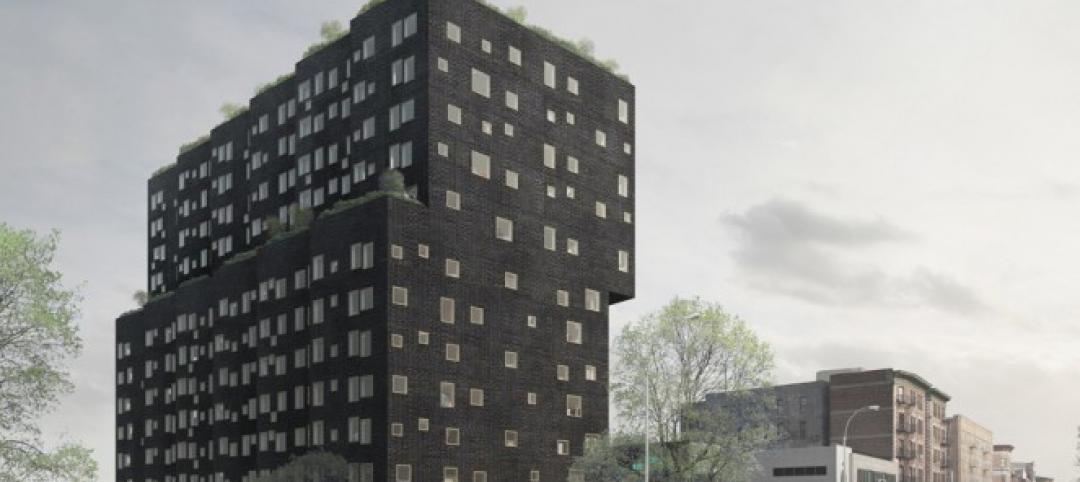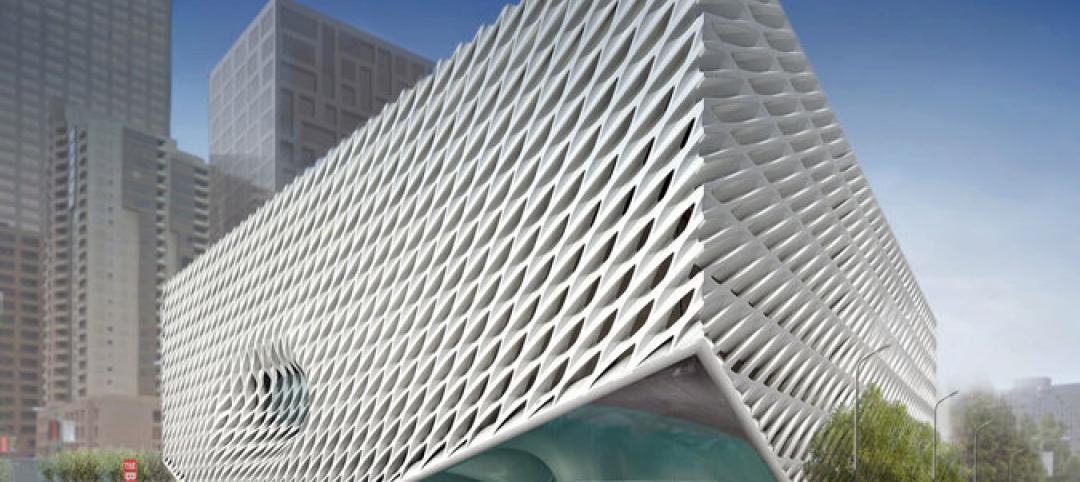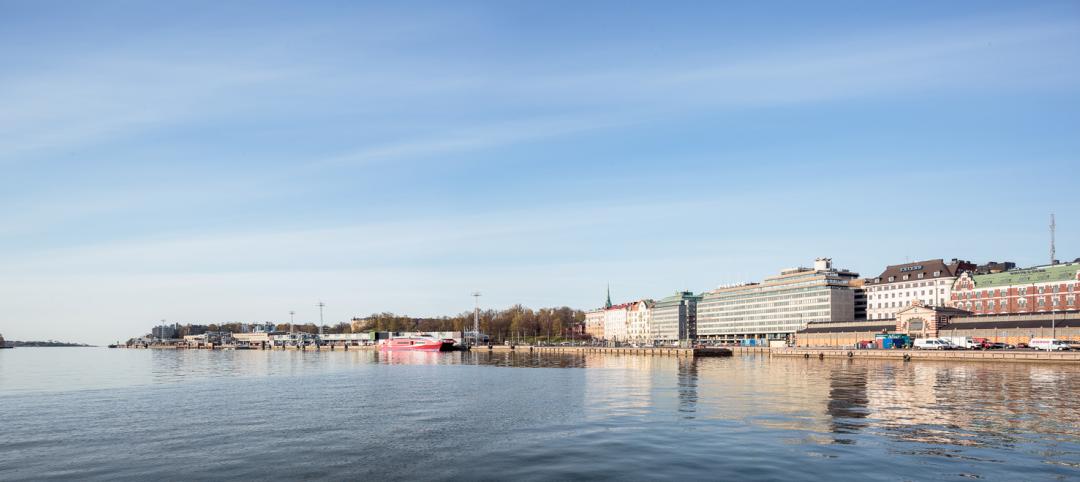The Art Preserve of the John Michael Kohler Arts Center, a 50,000-sf, three-story building in Sheboygan, Wisc., will be the world’s first museum dedicated to artist-built environments. Artist-built environments are an art form created by people who transform their homes and yards into multifaceted works of art.
The Art Preserve is located within the natural setting of a 160 acre nature preserve on Sheboygan’s west side. The building will provide exhibition space, visible storage, and preservation of more than 35,000 works of art by over 30 artists. Also included are an education area, a library, a study collection, and other spaces that will provide access to the collection for researchers, tour groups, and the public. Exhibition spaces will present artists’ work in a variety of ways with the goal to be as true to the artists and show as much of the collection a possible.
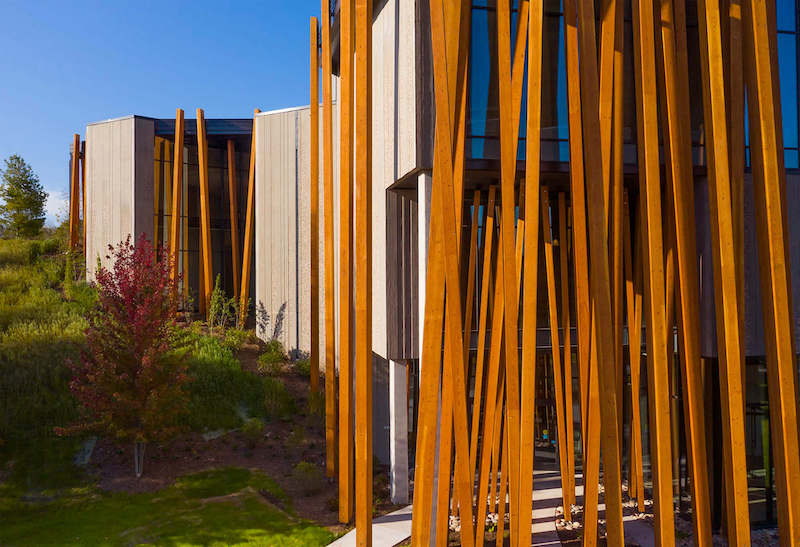
With a design that embraces the collection’s connection to nature while balancing the need to preserve the work, the building is constructed out of materials prevalent on the site such as rocks, sticks, and earth. The concrete structure is comprised primarily of regional river rock, providing the space with a large thermal mass to balance interior temperatures. The asymmetric shape of the building climbs the hillside and connects the lower entry meadow to the upper secret meadow by bridging the wooded hillside.
Embedding the building in the hillside helps it to maintain a constant temperature, moderating the heating and cooling load of the building. It also helps in creating a different feel for each of the floors as the visitor makes their way up and down the structure. Level 1 feels of the earth with its heavy river rock walls whereas level 3 opens to the sky, has views out to the tree canopies beyond, and allows access to the upper meadows of the site.
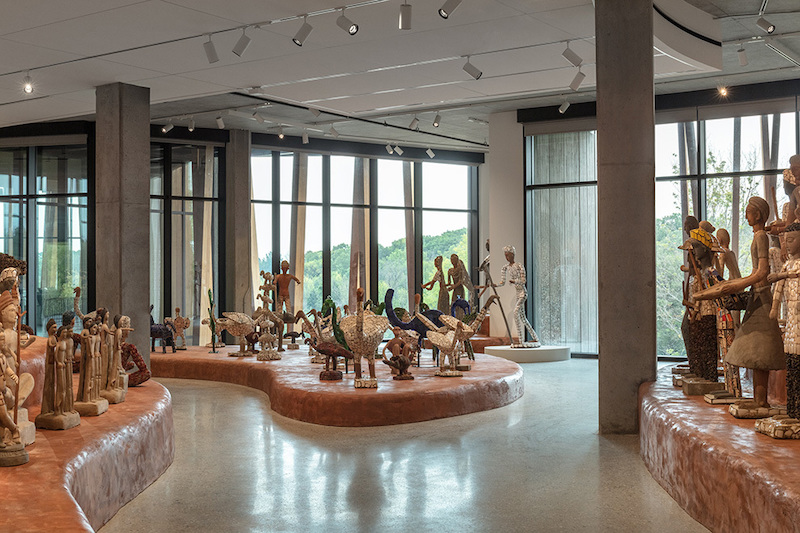
Visitors enter the main entry through a forest of timbers that serve three purposes: they assist with solar shading of the museum’s largest southern windows, they echo the hillside trees in rhythm and stance, and they create a procession through the woods into the museum.
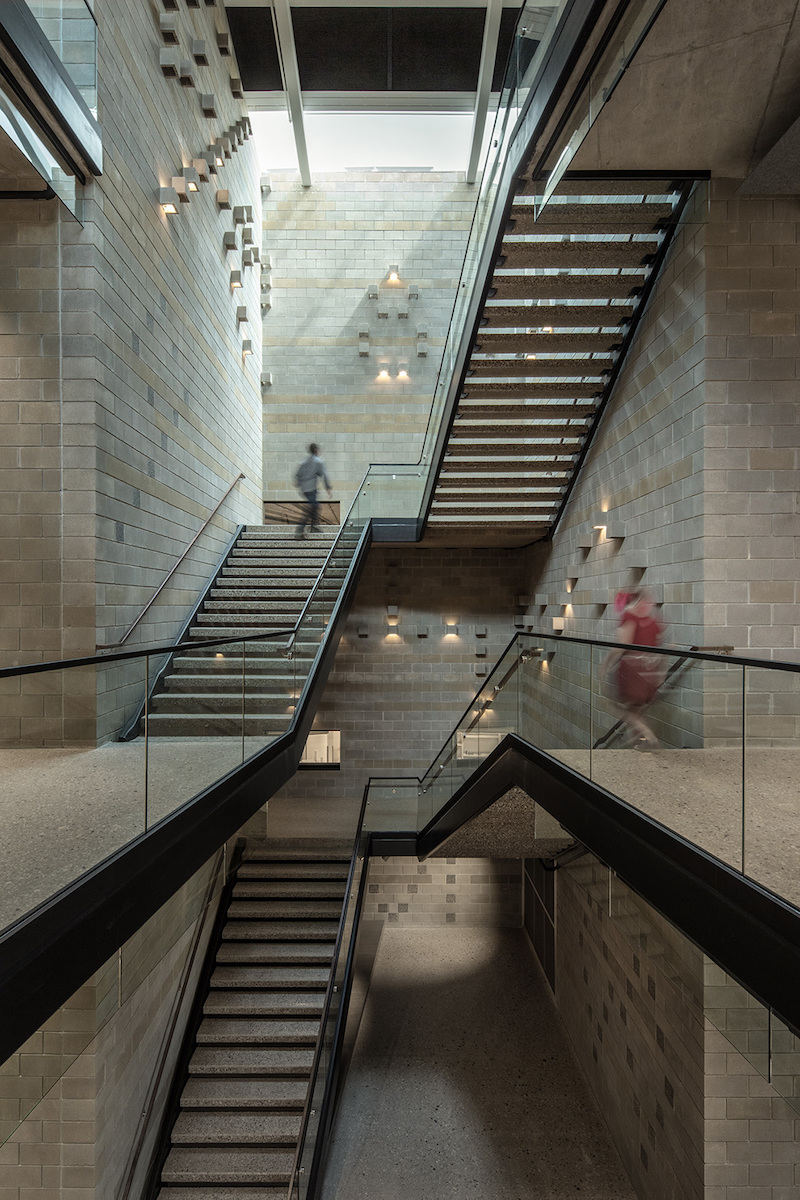
Arup collaborated with Tres Birds to design optimal environments for art preservation while keeping sustainability and patron experience in mind. These environments include:
• A lighting scheme with motion-sensing LEDs designed to protect artwork, save energy, and make the space more inviting for patrons
• Sound absorbing treatments to enhance acoustic experience and mitigate noise, especially during lively hours or docent tours
• Tightly controlled environment for air quality to prevent mold or corrosion and preserve the artworks
• High-performing building envelope, including careful window placement and a sunken northern façade, as well as energy efficient mechanical systems to endure the cold Wisconsin winters while conserving energy.
The museum opened to the public on June 26.
Related Stories
| Jun 18, 2014
Arup uses 3D printing to fabricate one-of-a-kind structural steel components
The firm's research shows that 3D printing has the potential to reduce costs, cut waste, and slash the carbon footprint of the construction sector.
| Jun 16, 2014
6 U.S. cities at the forefront of innovation districts
A new Brookings Institution study records the emergence of “competitive places that are also cool spaces.”
| Jun 13, 2014
First look: BIG's spiraling museum for watchmaker Audemars Piguet
The glass-and-steel pavilion's spiral structure acts as a storytelling device for the company's history.
| Jun 12, 2014
Tod Williams Billie Tsien Architects' design selected for new UCSC facility
The planned site is a natural landscape among redwood trees with views over Monterey Bay, a site that the architects have called “one of the most beautiful they have ever worked on.”
| Jun 12, 2014
Austrian university develops 'inflatable' concrete dome method
Constructing a concrete dome is a costly process, but this may change soon. A team from the Vienna University of Technology has developed a method that allows concrete domes to form with the use of air and steel cables instead of expensive, timber supporting structures.
| Jun 11, 2014
David Adjaye’s housing project in Sugar Hill nears completion
A new development in New York's historic Sugar Hill district nears completion, designed to be an icon for the neighborhood's rich history.
| Jun 9, 2014
Green Building Initiative launches Green Globes for Sustainable Interiors program
The new program focuses exclusively on the sustainable design and construction of interior spaces in nonresidential buildings and can be pursued by both building owners and individual lessees of commercial spaces.
| Jun 9, 2014
Eli Broad museum files $19.8 million lawsuit over delays
The museum, meant to hold Eli and Edythe Borad's collection of contemporary art, is suing the German company Seele for what the museum describes as delays in the creation of building blocks for its façade.
| Jun 4, 2014
Want to design a Guggenheim? Foundation launches open competition for proposed Helsinki museum
This is the first time the Guggenheim Foundation has sought a design through an open competition. Anonymous submissions for stage one of the competition are due September 10, 2014.
| May 29, 2014
7 cost-effective ways to make U.S. infrastructure more resilient
Moving critical elements to higher ground and designing for longer lifespans are just some of the ways cities and governments can make infrastructure more resilient to natural disasters and climate change, writes Richard Cavallaro, President of Skanska USA Civil.


